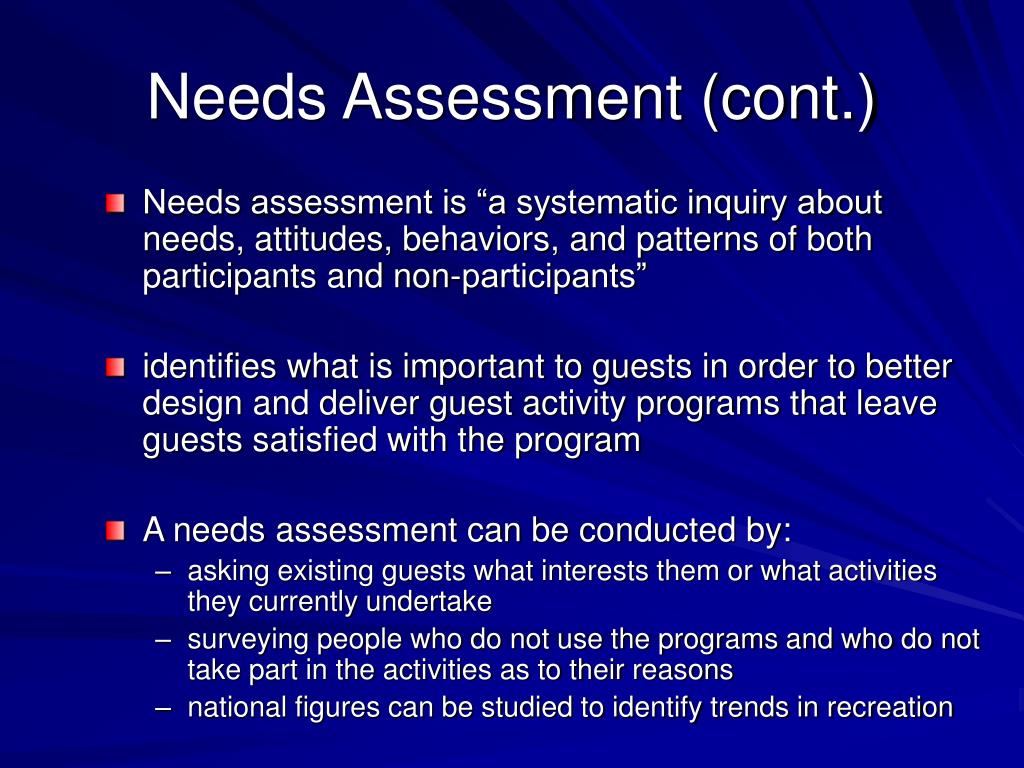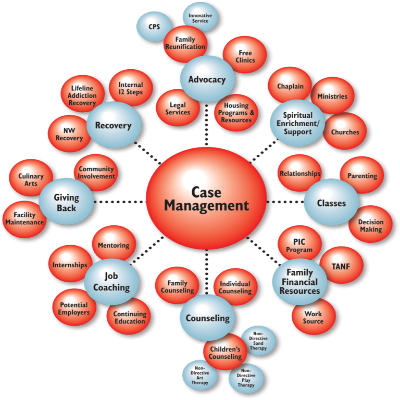Case management needs assessment plays a pivotal role in providing individuals with the appropriate support and services they require. In this article, we explore the significance of conducting a thorough assessment, delve into the key elements of case management needs assessment, and highlight its impact on empowering effective assistance. By understanding and implementing this essential practice, case managers can ensure personalized care plans that enhance individuals’ well-being and help them achieve their goals.
Understanding Case Management Needs Assessment
Case management needs assessment is a systematic and comprehensive process aimed at identifying the unique requirements and challenges of individuals seeking support. This assessment serves as the foundation for developing individualized care plans, determining the appropriate interventions, and evaluating the outcomes of the services provided. By gaining a holistic understanding of the needs, strengths, and preferences of individuals, case managers can tailor their approach to ensure the most effective support.
The Key Elements of Case Management Needs Assessment
- Gathering Information: The initial step in the needs assessment process involves gathering relevant information about the individual’s circumstances. This data may include demographic details, medical history, social and family dynamics, educational background, employment status, and any other factors that may impact their well-being.
- Identifying Needs: Based on the gathered information, case managers can identify the specific needs and challenges faced by individuals. These needs may encompass medical and mental health support, housing assistance, education and employment resources, financial aid, legal guidance, or other support services.
- Assessing Strengths: In addition to identifying needs, it is essential to assess the strengths and capabilities of individuals. Recognizing their resiliency, skills, support networks, and personal goals ensures that case managers can build upon existing strengths and foster empowerment throughout the support process.
- Collaboration and Goal Setting: Through open communication and collaboration, case managers work closely with individuals to set realistic and achievable goals. These goals should align with the individuals’ aspirations, values, and unique circumstances. Well-defined goals provide a roadmap for designing interventions and measuring progress.
- Creating Individualized Care Plans: Based on the needs assessment and established goals, case managers develop individualized care plans. These plans outline the services, resources, and interventions required to address the identified needs and support individuals in reaching their goals. The care plan should be flexible and adaptable to accommodate changing needs and circumstances.

The Impact of Case Management Needs Assessment
- Personalized Support: By conducting a comprehensive needs assessment, case managers can tailor their support to address the specific needs and preferences of individuals. This personalized approach fosters a sense of empowerment and engagement, enhancing the overall effectiveness of the assistance provided.
- Efficient Resource Allocation: Needs assessment enables case managers to better allocate resources, ensuring that individuals receive the appropriate services and support. By understanding the specific needs, case managers can prioritize limited resources efficiently, maximizing their impact and optimizing outcomes.
- Holistic Care: A thorough assessment helps case managers gain a holistic understanding of individuals’ needs, considering physical health, mental well-being, social context, and other relevant factors. This comprehensive approach improves coordination between different service providers, facilitating integrated and holistic care.
- Goal-Directed Interventions: Needs assessment informs the development of goal-directed interventions. By setting clear and measurable goals, case managers can design interventions that support individuals in achieving positive outcomes. Regular assessments and monitoring allow for adjustments as needed, ensuring interventions remain relevant and effective.
Conclusion
Case management needs assessment forms the foundation for providing effective and personalized support to individuals seeking assistance. By conducting comprehensive assessments, case managers gain insights into the specific challenges and strengths of individuals, enabling the development of tailored care plans. This approach promotes efficiency, resource allocation, and collaboration between stakeholders, ultimately empowering individuals to overcome obstacles and achieve their goals. By prioritizing needs assessment, case managers can make a significant positive impact on the lives of those they serve.











